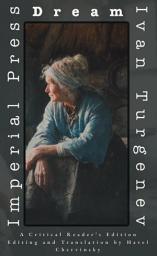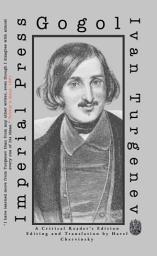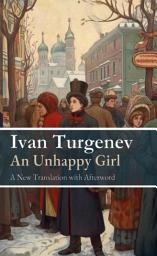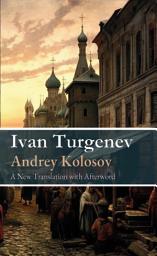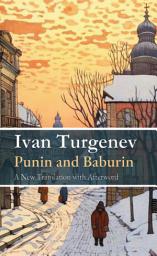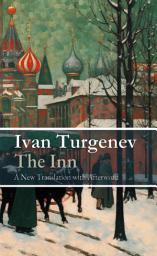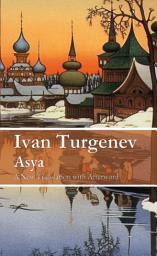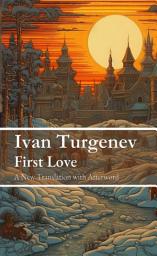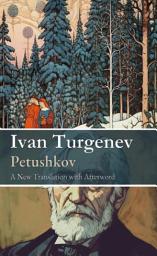The Collected Works of Turgenev
About this ebook series
A haunting short story (sometimes translated as "The Dream") that delves into memory and the supernatural. In this tale, an unnamed narrator experiences a vivid dream in which he seems to travel backward in time and witness moments from his mother’s youth. The text has a mournful, elegiac tone: the dream unveils the mother’s past sorrows and losses, yet also her youthful hopes. Throughout the narrative, there is an interplay between the dreamy vision and the narrator’s wakeful reflections on what it means. Dream (Russian: «Сон») was written in 1877 as part of Turgenev’s late-career experiments with mystical subjects. It is noted for its “visceral hatred of serfdom” emerging through symbolism and for its poetic, introspective style, as the narrator awakens with profound questions about fate and the “extreme preciousness of the beautiful in life”. In sum, it reads like a nocturnal reverie that illuminates hidden truths of the heart.
This story represents one of Turgenev's most introspective works, delving deeply into the psychological terrain of memory and emotion. The dreamlike atmosphere that pervades the narrative reinforces the sense that the story exists on the borderline between reality and imagination, with the protagonist's emotional state mirroring the fleeting, almost ethereal nature of the mother-son relationship portrayed. The story's focus on the narrator's reflections on his mother's beauty, even in the face of loss, speaks to Turgenev's own preoccupation with idealized love and the inevitable passage of time.
The Dream can also be seen as a meditation on the fragility of human relationships, especially familial ones. The narrator's inability to fully grasp the depth of his mother's grief reflects Turgenev's broader exploration of the limits of human empathy-how even the closest relationships are marked by misunderstandings and unspoken emotions. The story's quiet melancholy, combined with its exploration of the unreliability of memory, makes Dream not only a reflection on family, but also on the deeper existential concerns that haunted much of Turgenev's later life and writing.
This critical reader's edition presents a modern translation of the original manuscript, crafted to help the armchair philosopher engage deeply with Turgenev's works through clean, contemporary language and simplified sentence structures that clarify his complex ideas. Supplementary material enriches the text with autobiographical, historical, and linguistic context, including an afterword on Turgenev’s history, impact, and intellectual legacy highlighting the personal relationships that shaped his philosophy (focusing on Dostoevsky, Tolstoy and Gogol), an index of the philosophical concepts he employs (emphasizing Realism and Nihilism) a comprehensive chronological list of his published writings, a brief biography, and a detailed timeline of his life.
